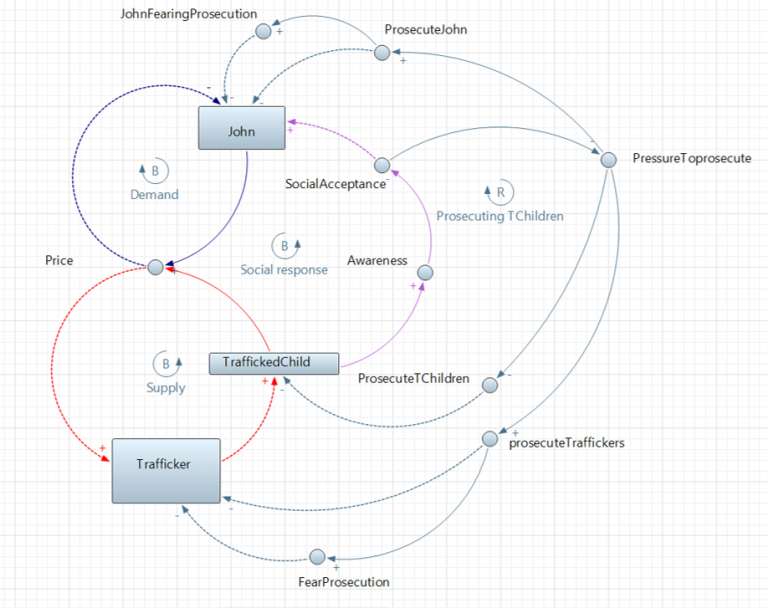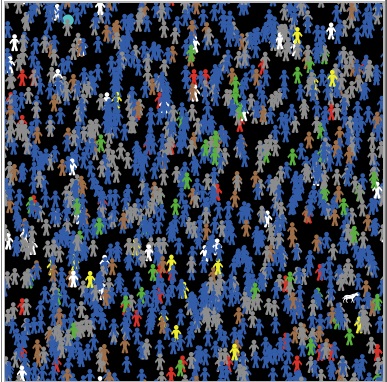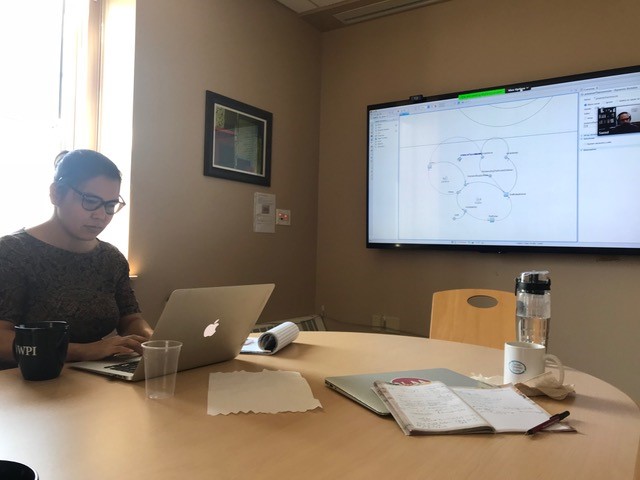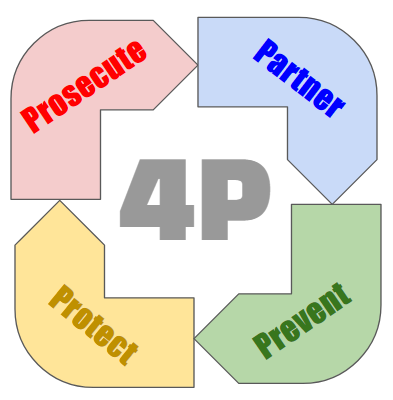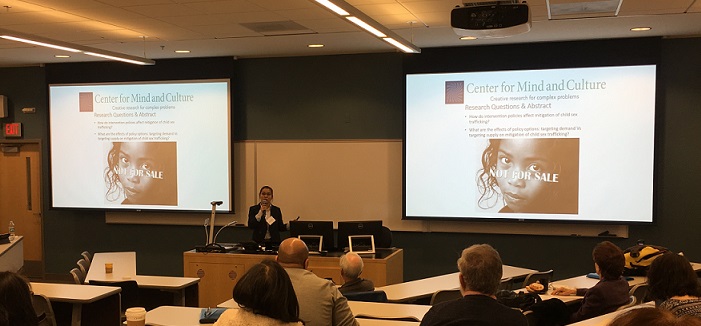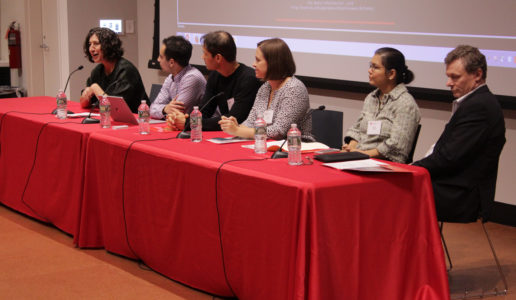
Top 40 List Provides Links to Tools to Combat Child Trafficking
Anyone Can Get Involved in Anti-Trafficking Efforts with the Latest High-Tech Tools May 17, 2019 BOSTON, MA – The Center for Mind and Culture (CMAC) released “Counter-Trafficking Top 40: Tools Against Child Trafficking,” a white paper that serves as a…


